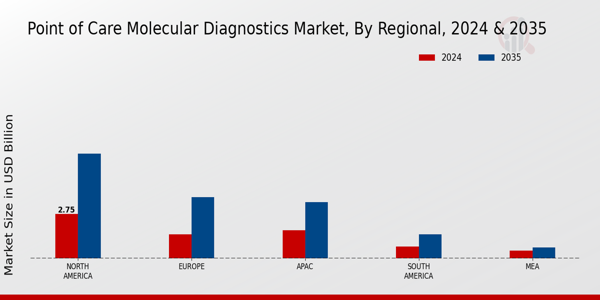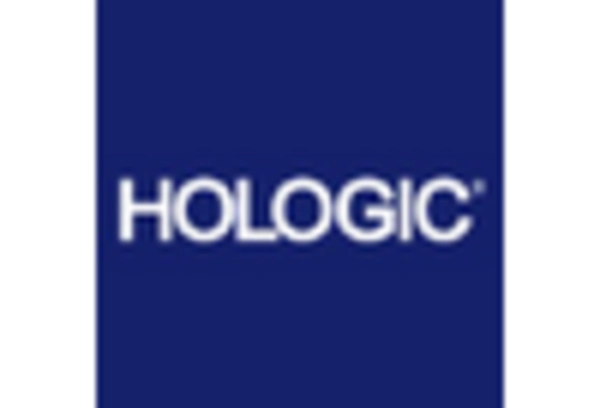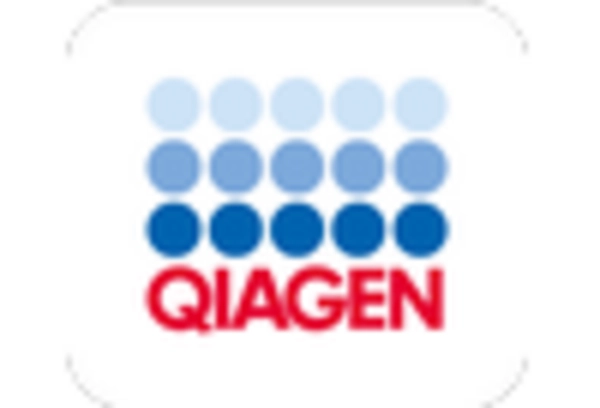Market Trends
Key Emerging Trends in the Point of Care Molecular Diagnostics Market
Technological advances, increased need for fast accurate tests and ongoing global efforts to improve healthcare accessibility have led to certain trends. One key trend is growing use of point-of-care molecular tests for infectious diseases. Most of these tests are based on nucleic acid amplification techniques such as polymerase chain reaction (PCR) which enable rapid detection of pathogens with high sensitivity thereby promoting prompt diagnosis and treatment decisions making. The decentralized nature associated with point-of-care molecular testing also contributes to faster turnaround times lowering time required getting results back to patients’ bedsides.
Parallelly with infectious disease testing adoption, several medical fields including oncology, genetic testing or women’s health are being covered by the POCMDs market expansion. Genetic mutations are identified through various ways while cancer biomarkers are detected using different techniques which include those that assess risks on hereditary conditions development; this diversification broadens the scope of POCMDs into personalized medicine tools used in individual patient care.
Additionally, the market is witnessing a move towards easy-to-use and portable molecular diagnostic devices. Point-of-care testing can be conducted using miniaturized PCR devices, isothermal amplification platforms as well as lab-on-a-chip technologies in various settings such as clinics, emergency rooms, or remote healthcare facilities. This trend aligns with decentralization of healthcare delivery empowering clinicians to perform molecular tests across different sites.
Also integrated into point-of-care molecular diagnostics is artificial intelligence (AI) and machine learning. These tools have improved the analytical capabilities of molecular tests by assisting them to interpret results thereby supporting data analysis while making decisions. Moreover, AI and molecular diagnostics are complimentary in nature hence increasing precision, efficiency and clinical utility of these diagnostic tools eventually revolutionizing the field of point-of-care diagnostics.
The market dynamics are also influenced by global responses to public health emergencies like COVID-19 pandemic. The need for rapid and accessible molecular testing for infectious diseases such as SARS-CoV-2 has led to development and deployment of point-of-care molecular diagnostic platforms. Infectious disease outbreaks spread prevention measures depend on these platforms that give results within a few minutes.










Leave a Comment